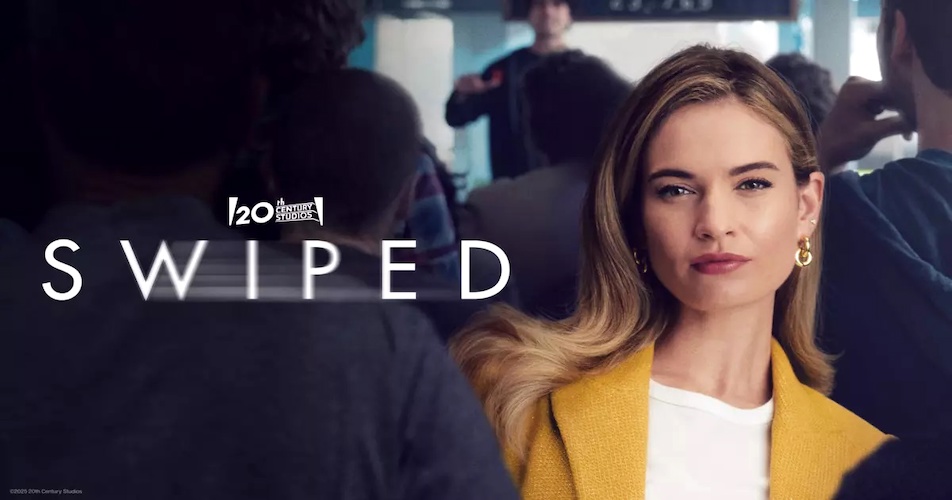20th Century's "Swiped" Brings Viewers the Untold Story Behind Bumble’s Game-Changing Rise
Hulu’s newest original film from 20th Century Studios, Swiped, dramatizes the real-life journey of Whitney Wolfe Herd, the tech entrepreneur who went from being a co-founder of Tinder to creating Bumble, a platform that flipped the script on digital dating. Directed by Rachel Lee Goldenberg, the biopic takes a sleek, fast-moving approach to tell a story that blends ambition, personal struggle, and cultural change.
At its core, Swiped is the story of a woman determined to redefine connection, and who ends up doing so by being behind two popular dating apps. The film begins with Whitney’s early work at Tinder, where she faces both the thrill of helping to create a breakout app and the darker realities of tech’s “bro culture." After leaving under highly publicized circumstances, Whitney takes the pieces of that experience and channels them into something new: Bumble, a dating app that empowers women to make the first move.
The film charts the uphill battle of securing funding, fending off lawsuits, and convincing a skeptical industry that a woman-led tech company could thrive. Along the way, Swiped highlights how product design is never neutral: by putting women in control of initiating conversations, Bumble helped shift norms in dating and pushed competitors to rethink their own models.
Lily James anchors the film with a performance that blends vulnerability and resolve. Known for her work in Cinderella, Pam & Tommy, and Mamma Mia! Here We Go Again, James here dials down the glamour to play someone constantly underestimated, then underestimated again, until she proves everyone wrong. Critics at the Toronto International Film Festival pointed to her portrayal as the element that elevates Swiped, making the audience root for Whitney even when the narrative itself sometimes feels familiar.
James is joined by Dan Stevens, who Disney fans know as The Beast. He portrays Andrey Andreev as a skeptical investor who becomes an unlikely ally; Myha’la as a fierce confidant who grounds Whitney through the ups and downs; and Jackson White as an early colleague whose loyalties waver. Ben Schnetzer and Pierson Fodé round out the ensemble as figures representing the excesses and contradictions of startup culture. Together, they help paint a picture of an industry both intoxicating and exhausting, where “disruption" can often mean collateral damage.
Director Rachel Lee Goldenberg (Unpregnant) brings a crisp, energetic sensibility, pairing rapid-fire dialogue with glossy visuals of pitch meetings, code sprints, and product launches. While comparisons to The Social Network are inevitable, Goldenberg makes distinct choices: more color, more optimism, and an emphasis on female camaraderie over male rivalry. Co-writing the script, she leans into the thematic tension of “tech for empowerment" versus “tech for exploitation," asking whether apps can truly reshape culture or just mirror it.
Stylistically, Swiped feels like a hybrid of biopic and startup thriller. The boardroom battles and courtroom showdowns are offset by lighter sequences that show the team brainstorming brand voice or celebrating small wins. The editing is quick, reflecting the pace of the digital world, while the soundtrack leans heavily on contemporary pop to underscore the generational angle. If The Social Network was moody nightclubs and legal briefs, Swiped is bright offices, viral marketing campaigns, and the addictive buzz of a push notification.
Swiped will begin streaming on Hulu on September 19th.



